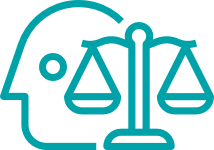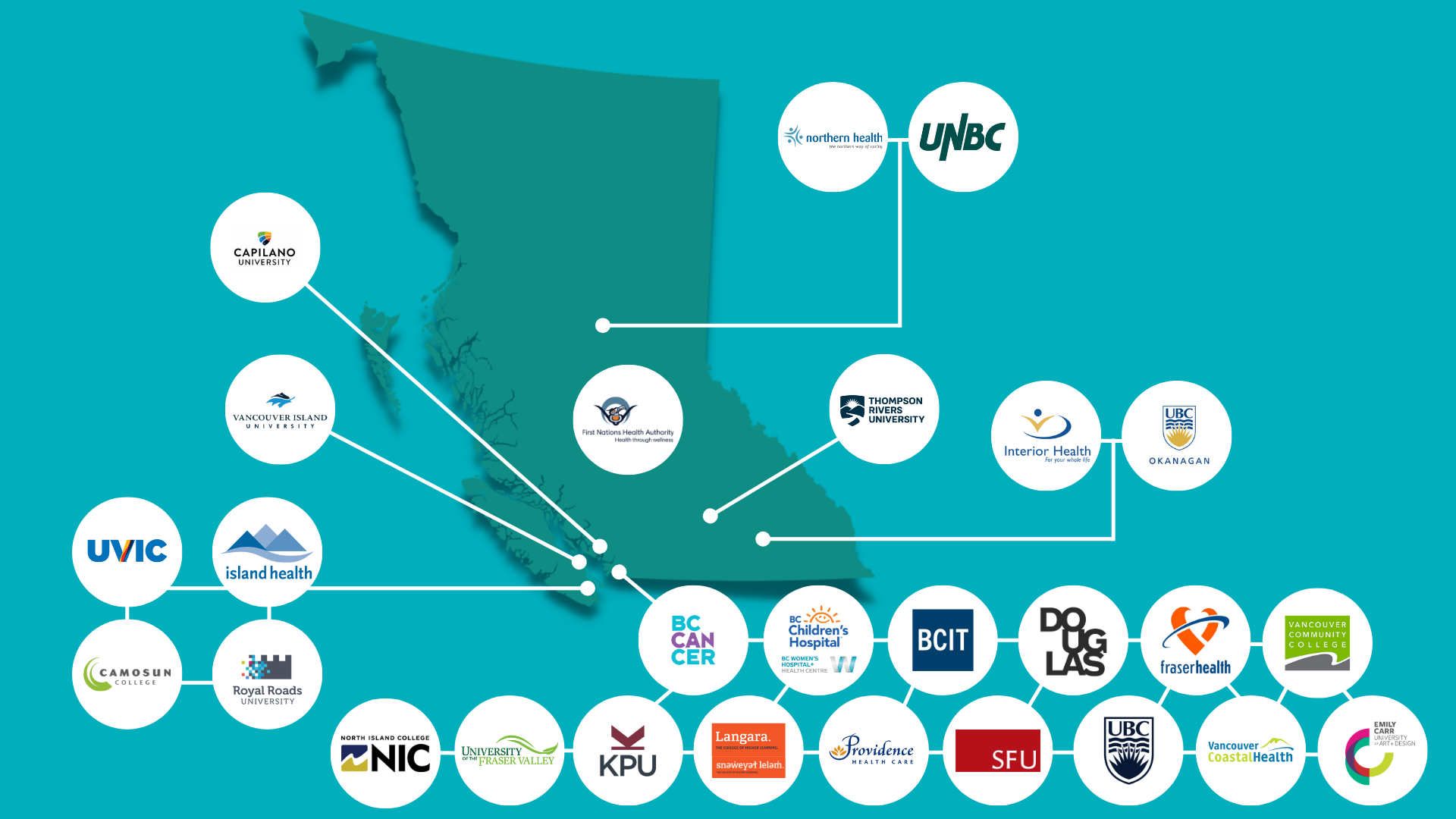Research Ethics BC

What’s the value of research ethics?
Ethics are generally known to be norms of conduct that help us to distinguish right from wrong. Research ethics are a specific set of principles that researchers must demonstrate they fully understand and have considered, particularly in terms of how their research study adheres to the principles.

Research ethics are beneficial because they ensure respect for persons and concern for welfare and justice, promote the values that are essential for collaborative work, and create conditions for trust in the research product.
As a process, research ethics in Canada are guided by the Tri-Council Policy Statement: Ethical Conduct for Research Involving Humans (TCPS 2 (2018)). The principles, and interpretation of them, are detailed in the TCPS 2, and institutions that fund research with grants from one of the Tri-Agencies must ensure that all research conducted under their jurisdiction is reviewed and approved by a research ethics board (REB).

About harmonized research
Harmonization streamlines the ethics review and approval process, allowing researchers to submit a single ethics application for multi-jurisdictional research involving two or more research ethics boards in the Research Ethics BC network. Harmonization also standardizes the review processes among research ethics boards, ensuring review quality and compliance with national policies. Harmonized review models are in use for both minimal risk and above minimal risk studies.

Network of research ethics boards
We are proud to work with our collaborative partners in supporting a province-wide, harmonized system of ethics reviews. We currently work with 27 institutional research ethics boards across British Columbia toward province-wide harmonized research ethics review processes.
Indigenous research ethics
As part of our commitment to help researchers develop meaningful engagement in research involving First Nations, Inuit, Métis and Indigenous peoples, we have gathered a list of resources, community-led tools and interactive maps to help researchers, research ethics offices and boards stay informed about Indigenous research ethics.

